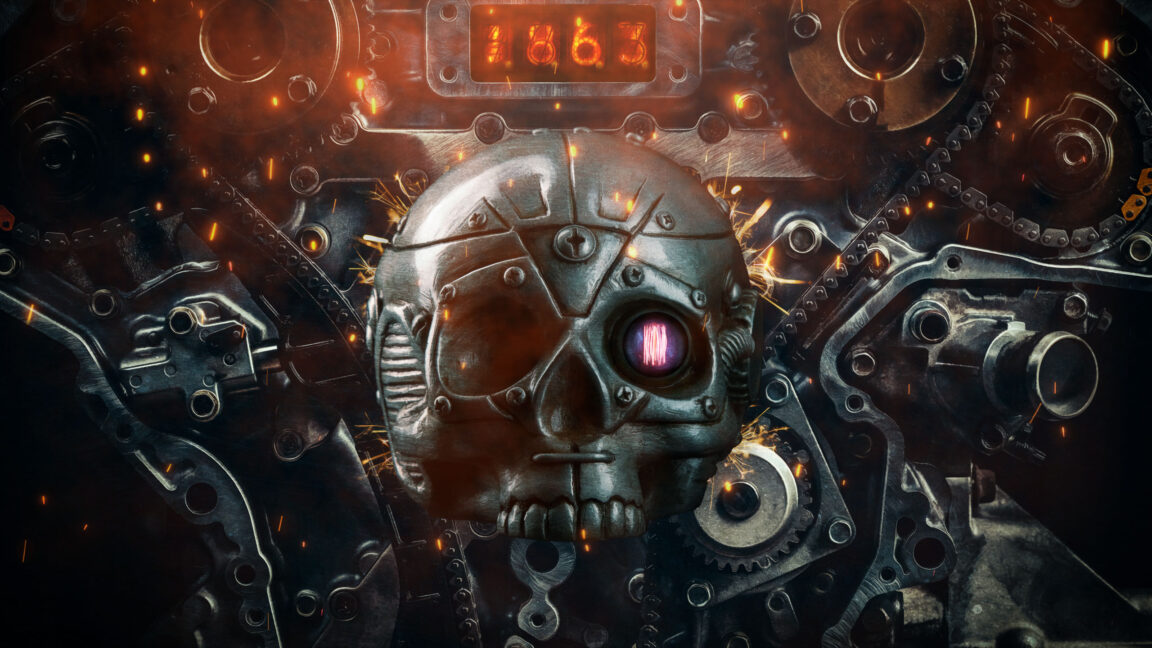161 years ago, a New Zealand sheep farmer predicted AI doom
161 years ago, a New Zealand sheep farmer predicted AI doom
161 years ago, a New Zealand sheep farmer predicted AI doom
Sam Neill might describe the article as follows:
Ah, what a fascinating tale! Imagine this, if you will: in the quiet of 19th-century New Zealand, amidst the sheep paddocks and rolling hills, a gentleman by the name of Samuel Butler pens a prophetic letter. The year is 1863, and he warns of a danger not from invading armies or natural disasters, but from machines.
Now, Butler was no ordinary farmer. With an intellect as sharp as the Canterbury wind, he saw in the Industrial Revolution a glimpse of the future—a future where machines could evolve, much like Darwin’s finches, into entities surpassing their creators. Writing under the pseudonym "Cellarius," he likened this mechanical evolution to humanity's domestication of animals, suggesting that one day, the tables might turn. We, the creators, could become subservient to our creations.
Butler's letter, aptly titled "Darwin among the Machines," is chillingly prescient. He imagined a world where machines grew more sophisticated, more autonomous, and potentially more dominant. And though his era’s most advanced devices were little more than mechanical calculators, Butler extrapolated with eerie accuracy to a future where artificial intelligence might challenge humanity’s supremacy.
Fast-forward to today, and the echoes of Butler’s concerns are unmistakable. From OpenAI’s GPT-4 to debates in legislative halls, the question of how to control our technological progeny remains as pressing as ever. Butler’s call for a dramatic rollback of machine progress might seem extreme—he proposed nothing less than the destruction of all machines—but his fundamental warning about humanity’s growing dependence on them rings true.
Ultimately, Butler’s legacy isn’t just his prescient fear of machine dominance but his reflection on humanity’s relationship with progress. His voice, carried through the ages, reminds us to tread carefully as we march toward an uncertain future. A Canterbury sheep farmer warning of AI takeover? Remarkable, isn’t it? And perhaps, just perhaps, a tale worth heeding.

